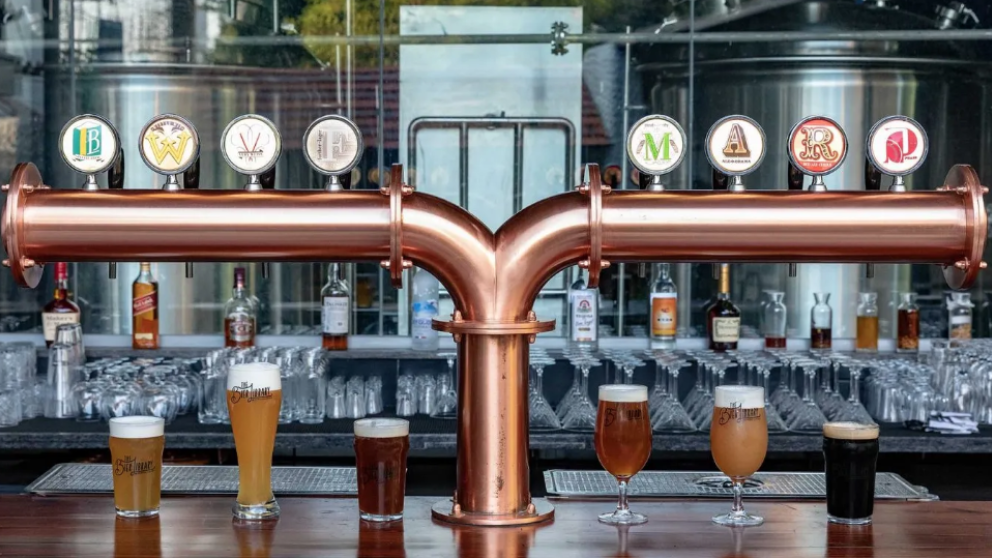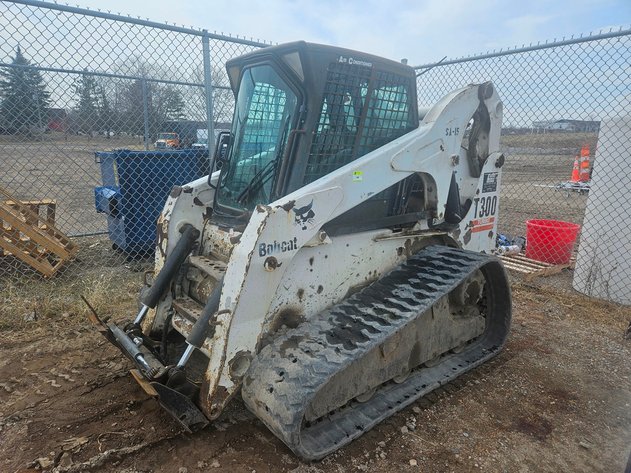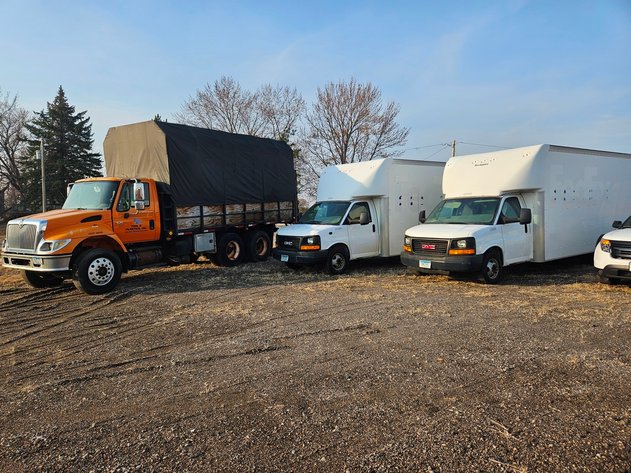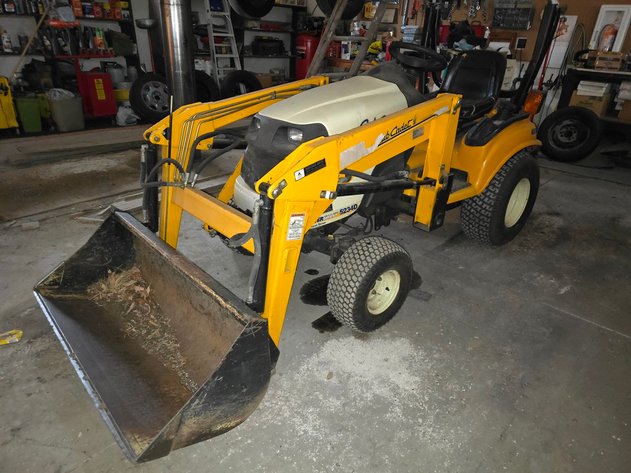Brewing Up Change: The Rise and Stumble of Twin Cities’ Craft Beer Scene

In recent years, the Twin Cities metro area has witnessed a marked decline in its once-thriving microbrewery industry. A combination of market saturation, changing consumer preferences, and economic challenges has contributed to this downturn, as reflected in the bankruptcy of Fair State Brewing Cooperative. While the cooperative remains operational, it's a sign of the times for the microbrewery scene.
One of the critical economic pressures leading to this decline is the rising cost of raw materials, labor, and distribution. The COVID-19 pandemic only exacerbated these issues, disrupting supply chains and reducing sales as people could not visit the breweries as frequently.
The market itself has become incredibly saturated. There's been a boom in the number of breweries, which has led to intense competition. This has made it particularly difficult for smaller operations to survive and maintain a profit in a crowded marketplace.
Moreover, consumer tastes are shifting. There's been a noticeable move away from traditional craft beers towards alternatives like hard seltzers and non-alcoholic beverages. This pivot is partially due to health and wellness trends, with consumers increasingly looking for lower-calorie and lower-alcohol options. Adding to the industry's woes is the fact that the legalization of marijuana and the rise of other herbal refreshments, such as kava, have presented new competition, potentially impacting beer sales.
People in the industry have expressed concerns about these trends. They note that the dynamics of the market are shifting and that breweries need to adapt to survive. For instance, the increase in the number of breweries has not been matched by a growth in the consumer base. In fact, a decline in beer drinking in America to its lowest level in a generation suggests that the industry faces a significant challenge in just maintaining its current customer base, let alone expanding it.
In terms of the implications for the spaces breweries lease and the equipment they own, breweries that close down leave behind large, specialized spaces that are not easily repurposed. The specialized brewing equipment they own can be costly to sell off or repurpose, presenting yet another financial challenge. Auction companies specializing in liquidating used brewing equipment may provide some relief by clearing items within a brewery.
When considering the broader economic picture, Minnesota has seen a stall in population growth for the second consecutive year, which could translate into a smaller market for local businesses, including breweries. The state is losing more people to other states than it is gaining, with the key working-age group of 20-29-year-olds being the largest demographic to leave. Economic factors like taxes and the cost of living play a significant role in this migration trend, affecting the potential customer base for microbreweries.
To survive and thrive in this new landscape, microbreweries in the Twin Cities will need to be innovative, adaptable, and responsive to these changing market forces. They might need to diversify their offerings, market themselves more effectively, and find new ways to attract and retain customers who have more choices than ever before.













